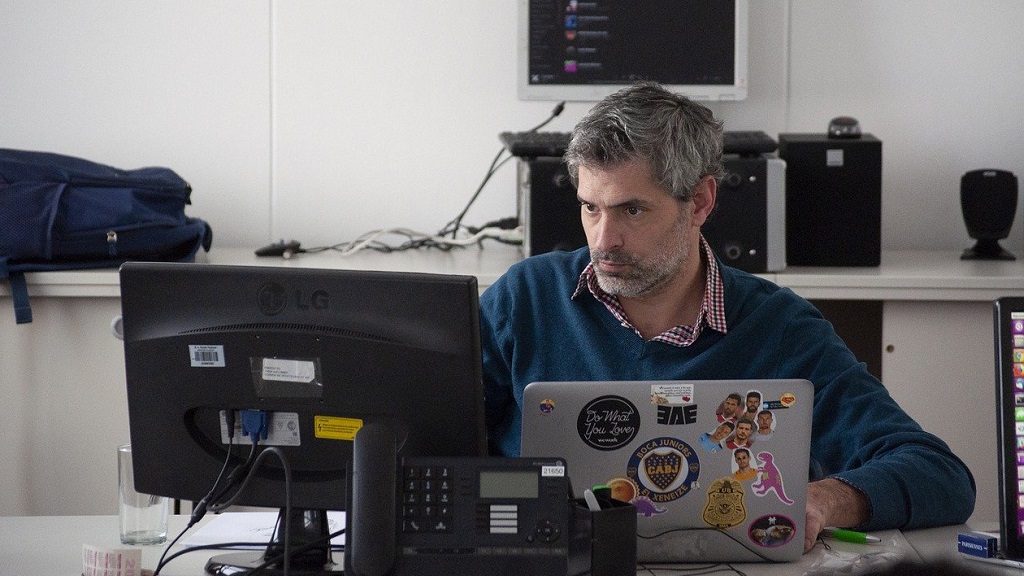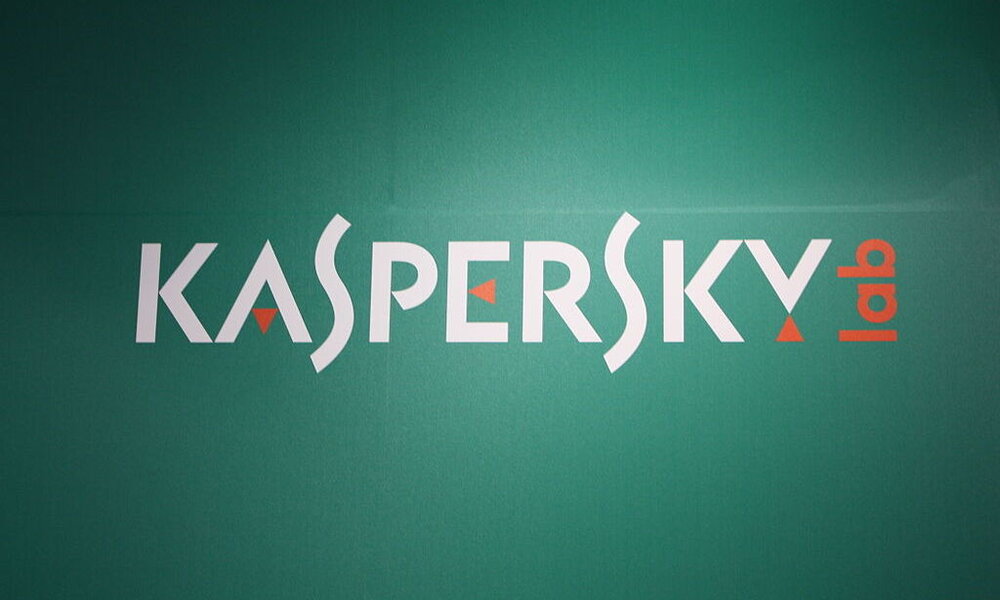
The programmers school, 4Geeks Academy, has carried out a study on the job prospects of the programming sector in our country, reviewing the most demanded positions, salary prospects, the average time spent in the company, the work modality, as well as the profile of the professional or student who accesses the training and positions offered in companies. These are their conclusions:
Profiles and jobs most in demand
In our sector, programming, the most demanded profiles continue to be maintained. There are changes in positions, but what is still being looked for to a great extent is programmers (Frontend, Backend, Full-Stack) to leverage the digitization and automation projects of companies. There are, of course, also the positions related to data processing: Data Analyst, Data Scientist, Data Engineering; and the interface and user experience area (UI / UX).
Among the professions that are gaining momentum are those related to cybersecurity, driven by the increasing risk of fraud and electronic attacks, given the growth of digitization and the exposure of computer systems.
companies to a more interconnected world.
Average wage
Our data is consistent with what is handled in the market, now that large professional recruitment consultancies, such as Randstad, have published their summary statistics for the work year. The Full-Stack Developer profile ranges between € 18,000 and € 25,000 in the cities with the highest demand, always depending on years of experience (in this case Jr., 0-2 years) and skills , skills and knowledge that the person has. In other cities, you can lower the lower limit to around € 15,000.
This it does not mean that higher or lower entry salaries are not found in Madrid. It will always depend on the type of company that the profile demands. With startups, those that are just starting out and do not have economic muscle, offer alternative internships to those who have just graduated from bootcamps or other programming training centers, to generate a win-win relationship where the person gains experience and the project can be nurtured. of their contributions.
This has been a way out to strengthen the profiles of those who dabble in programming and leverage those incipient but promising projects that have not yet received the sponsorship of an investor angel or have not yet achieved.
find your financial break-even point by being in an early stage of business.
Average time spent in the company
The average time spent in companies is currently at an inflection point. We come from a tradition of “making a career” in companies, very characteristic of the boomer generation (those born in the era known as the “baby boom”, Before the 80s of the 20th century). The new generations, millennials, and especially, centennials, have been considerably reducing their time in companies.
More and more profiles are seen that every two years, or less, jump from one job to another. This has various reasons, some of a personal nature, attitudes and perspectives of the person, and others professional, regarding the perception of opportunities for growth, learning or challenging projects. This behavior also varies according to the sectors. In the sector of large consulting firms there is a greater propensity to “pursue a career” than in SMEs and other companies.
Work model: self-employed or employed?
In the world of programming, permanent contracts continue to dominate indefinitely as a legal figure for the employment relationship. However, especially among people who only want to work as freelancers, their status, for
Of course, it is self-employed, self-employed.
Remote work
This is a point of debate that is a bit hot at the moment, especially in Spain. The work culture in Spain is still very traditional or conservative, and this has been seen in the process of returning to face-to-face jobs as the situation produced by Covid-19 improves. The drop in remote work in Spain is considerably higher than in other neighboring countries.
We have gone from 16% of remote work, as a result of confinement due to the pandemic, to 11% in March 2021 and just 8% for the last quarter of this year, according to data from the National Observatory of Technology and
Society (ONTSI). By contrast, the National Institute of Statistics (INE) It has indicated that 35% of the working population could carry out their work remotely.
Despite this, the programming sector remains the main representative and demanding of remote work. There are companies that have been forced to offer, at least, a hybrid format (face-to-face days with remote days) in order not to attract, but to keep those who make up their technology teams. This does not mean that the programming sector has made this aspect a point of honor, since it is a very diverse world and there are those who
put participation in face-to-face teams as an added value for their
professional performance.
But it is true that it is one of the tasks that has the least physical ties to carry out its tasks, and the people of the sector are very clear and present. Putting ourselves in the European context, according to data from Eurostat, Portugal and Italy, the most similar, are slightly above 12% of remote work, and if we look towards Central Europe, most countries exceed 15%. And at the top we find Finland, with 25% and Ireland with 21%.
Training
Programming training can take place in four ways: University: With more theoretical foundations, a lot of basic training, a lot of knowledge and a lot of training time, but sometimes with little familiarity with the most demanded technologies on the market.
- Vocational training: Shorter than university, a greater balance between theoretical training and practical training, but still lacking a bit away from market trends.
- Autodidact: The other extreme, to the total preference of the person, but sometimes without orientation or structure in the knowledge to be acquired. Despite not having limits and allowing any technology to be learned, and there are great self-taught references, sometimes the person loses sight of fundamental elements, such as following good practices, the correct application of certain concepts or understanding deeper concepts, due to not having a professional accompaniment.
- The bootcamps: The pathway offered by 4Geeks Academy. They are short and intensive courses. Its short duration (8-10 weeks full-time, 16-20 weeks part-time) does not prevent a complete training in all the basic concepts, skills, technologies and tools essential to enter the labor market. It requires a lot of discipline and commitment due to the speed it requires in the learning process, but it guarantees practical training with its theoretical foundation, ideal for entering the world of programming in a short time. In this format the key lies in discipline, perseverance, effort and commitment, since with this success is guaranteed.



